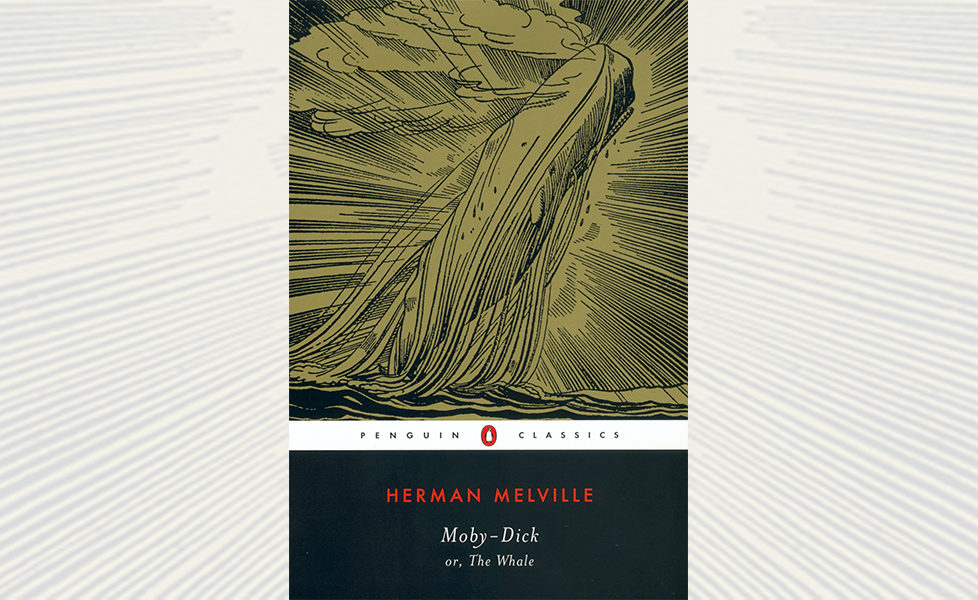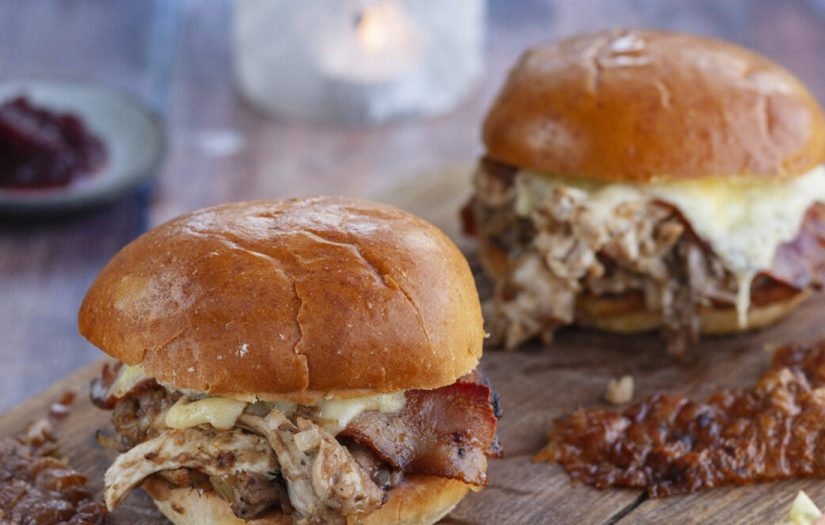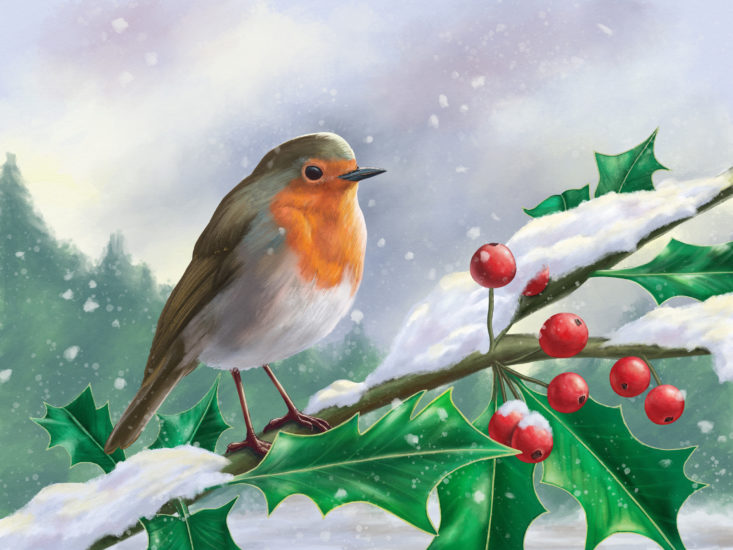
The opening of Herman Melville’s “Moby Dick” may be one for the most famous openings in English literature:
“Call me Ishmael . . .”
In fact, quite a few aspects of the book have entered the popular consciousness. You might find yourself referencing it without even knowing!
You’ve probably heard someone pursuing revenge at all costs — or someone who chases a lost cause — being referred to as “Ahab”, after the book’s iconic captain.
And the monstrous, eponymous white whale is also frequently referenced by way of size comparisons.
But perhaps the most famous character to cross over into the real world is the ship’s first mate, Starbuck. He has a whole high street coffee chain named after him!
Ishmael’s journey
Ishmael travels to Nantucket in Massachusetts, a famed whaling port in the United States. He eventually joins a whaler named the Pequod, alongside a Polynesian cannibal named Queequeg he meets at an inn.
Before they leave port, a man named Elijah prophesises doom if they join the journey . . .
The Pequod is captained by the terrifying Ahab. He lost a leg to a white whale named Moby Dick on a previous journey, and is intent on revenge. Another character describes him as “a grand, ungodly, god-like man”, and his fiery rhetoric seems to hold some sort of sway over Ishmael and most of the crew.
The ship chases sightings of the white whale for months, taking in their own prizes along the way. They frequently encounter other ships that have suffered at his . . . erm . . . flippers, and the captain refuses at all times to turn back.
Eventually Ahab’s obsession leads them into one final, devastating confrontation.
The rest of the book . . .
The chapters devoted to Ishmael’s narrative — life aboard the Pequod, his thoughts on their journey and his observations about Ahab and the crew — are well-written, interesting and pacey. In particular, Melville captures the drama of their whaling expeditions well.
When not focusing on these things, however, Melville devotes long chapters to aspects of marine biology, and considerations of history and philosophy. While occasionally interesting, these sections do tend to be rather wordy, and scattering them throughout the novel’s narrative slows down the action quite a bit.
Sometimes you can feel something exciting coming, only to be diverted by fifty pages on sperm whales.
It’s the book’s only real flaw, as far as I can tell. And while the diversions are related — at least tangentially — to what’s happening in “Moby Dick”, taking them out altogether wouldn’t damage it beyond repair . . . and it may enhance the drama just a little.
For more book reviews from the “Friend” team, click here.
To pick up a copy of “Moby Dick”, and support your local bookshop, visit Bookshop.org.




